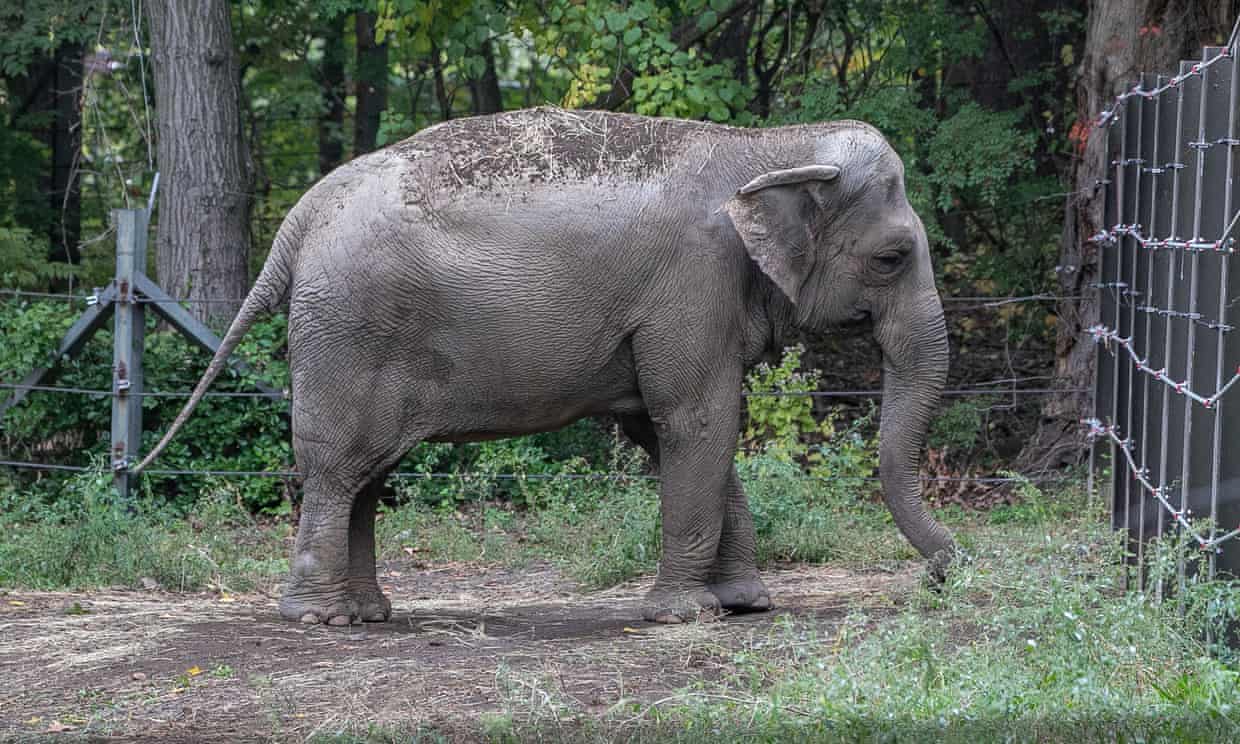On the other hand, there are parts of the world where the question of abortion is pretty much settled.
To be honest this is very much the norm in the rich/developed world. And I noted earlier, outside of the rich developed world, while it's often not settled, it's not settled because the overwhelming trend is towards liberalisation.
Here's the global current view:
Both shades of blue mean very broad access, yellow can vary from broad access in practice (especially if mental health is explicitly a reason) to much more limited.
Getting to this current situation over the last 25 years has involved a lot of countries liberalising while only Nicaragua, Poland and El Salvador have backslid prior to the upcoming US regression. Here's a timeline of the liberalisation process, with letters meaning new reasons were added. It's about 50 countries, which is like a quarter of all countries:
And it doesn't show some others, especially in federal systems like Australia where decriminalisation has now reached all states and territories in the last few years.
Broken down by global population, global access is spread like this:
It sucks mightily that the US is going backwards but it pays to remember that as a rich protestant country that still has a significant anti-abortion political movement, they are quite a freakish outlier on this. They will literally be the first non-Catholic country to roll back abortion freedoms in a quarter of a century.
Last edited:




